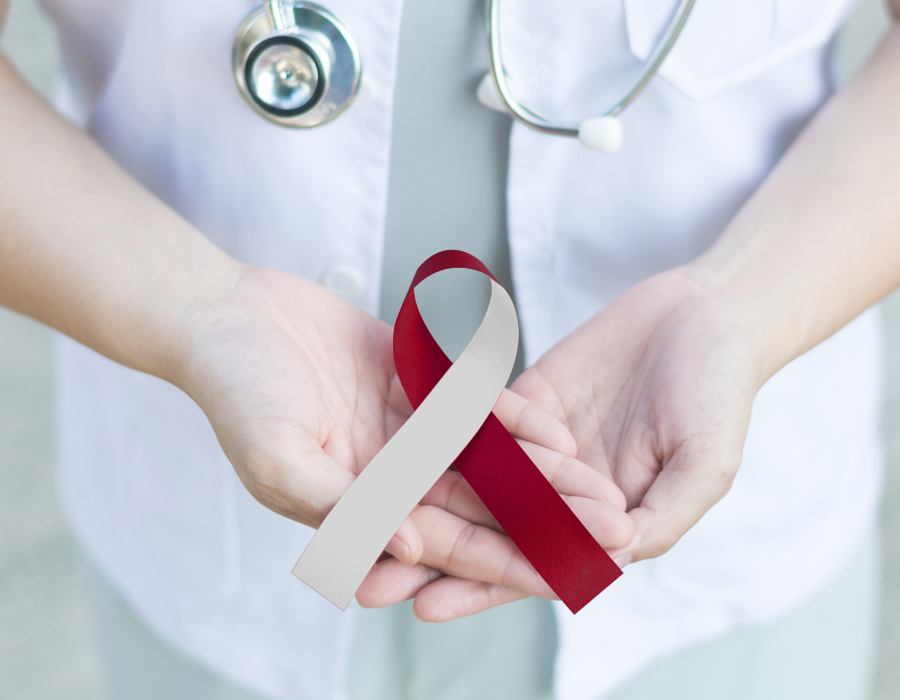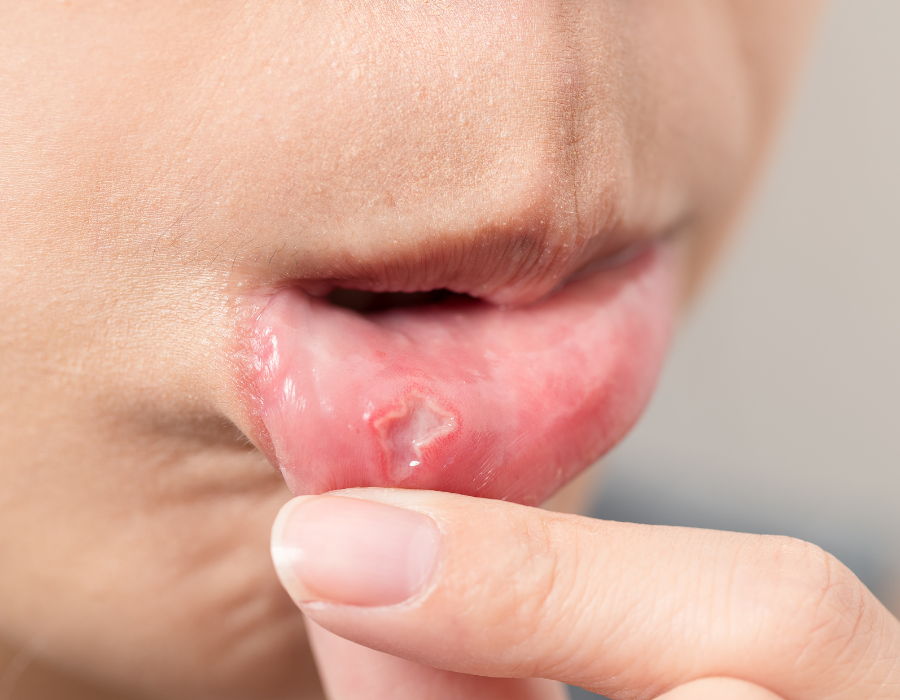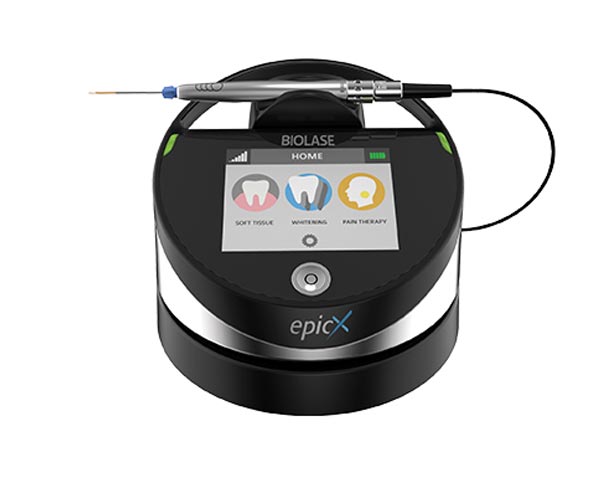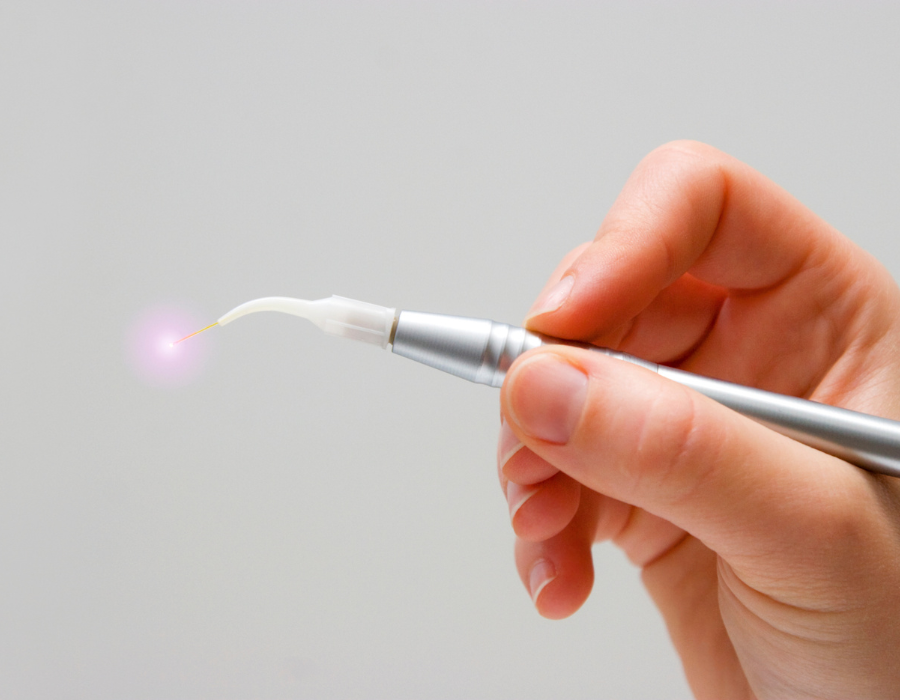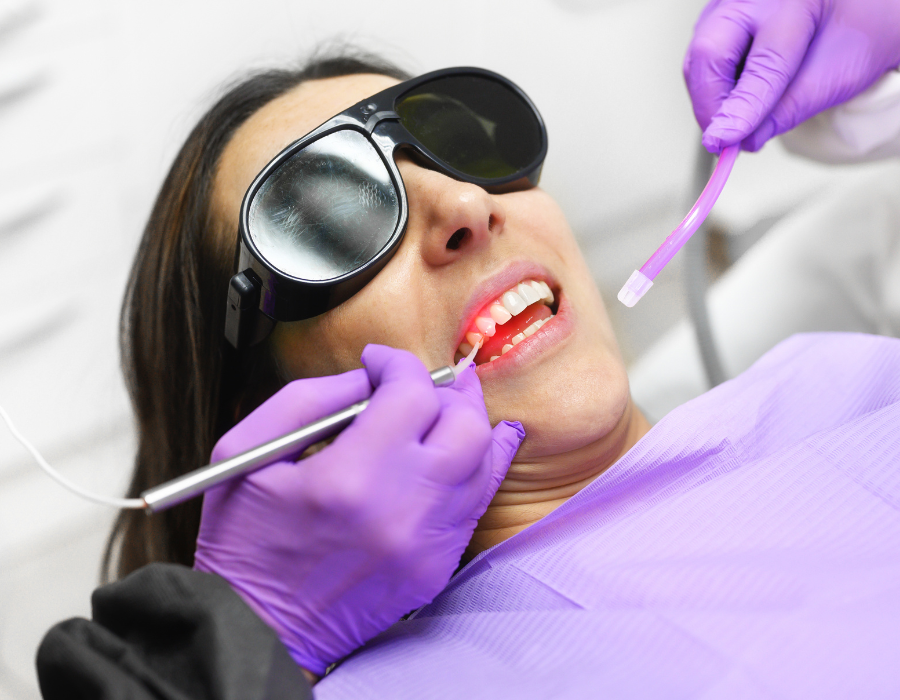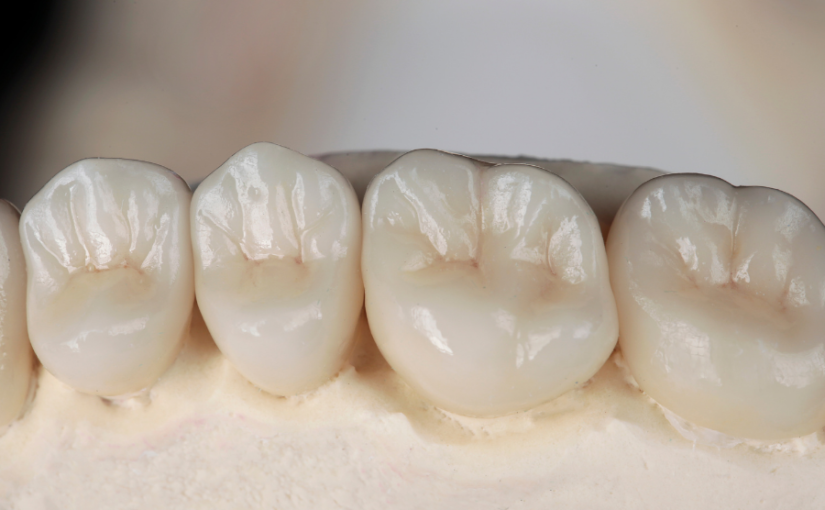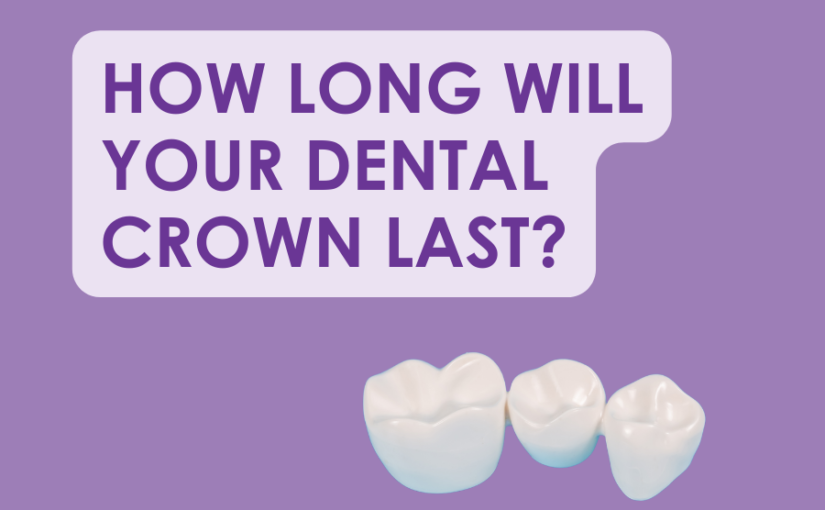By: Dr. Elizabeth Eggert
Believe it or not, dental crowns have been around since ancient times. Thought to have originated in Italy in the 700s BC, these first crowns were made of gold and communicated status among the aristocratic population. Fast forward two millennia to 1903, when Dr. Charles Land developed the first crown with hints of porcelain material as a way to repair a broken tooth.
Today, the role of crowns is two-fold. Crowns are both structural and aesthetic. Let’s take a closer look!
What Are Dental Crowns?
If you’ve heard people talk about crowns but you’re not entirely sure what they are, think of a crown like a hat or helmet for your tooth. This “helmet” fits snugly over your natural tooth, protecting it from splitting or breaking. Then it’s bonded into place. Before placing a crown, Dr. Elizabeth Eggert or Dr. Jeff Eggert removes a small amount of enamel from your tooth to ensure a proper fit.
Crowns are available in porcelain, metal, or a combination of the two. With the steadily improving porcelains over the years, porcelain remains the most popular choice among today’s dentists. It is highly durable, looks natural, and can be matched closely to the color of your existing teeth. Porcelain is both functional and aesthetic.
How Are Dental Crowns Created?
Dr. Elizabeth Eggert or Dr. Jeff Eggert begins by examining your tooth and taking any necessary imagery to check its health and structure. If they determine that a crown is the best choice for your tooth, they will prepare the tooth by removing any decay and reshaping it to ready it for the crown. Then, they will take an impression or scan of your tooth either electronically or with putty.
In many cases, our amazing dentists can create your crown the same day with our CEREC method. If they need to order your crown from an outside dental lab, they will fit you with a temporary acrylic crown, and you will schedule an appointment for your permanent crown two weeks later. Any crown you receive at Eggert Family Dentistry will match the color, shape, and size of your natural tooth for a flawless appearance!
When Are Dental Crowns The Best Choice?
By nature, teeth are subjected to significant wear and tear. Over time, they can develop cracks, fractures and even start to decay. In these instances, Dr. Elizabeth Eggert and Dr. Jeff Eggert generally recommend dental crowns to strengthen these weak teeth and extend the life of the natural teeth as long as possible. Restoring the integrity of a tooth or teeth is a crown’s primary function.
A Crown’s Many Jobs
Indeed, crowns are champs when it comes to protecting compromised teeth. But crowns have other important jobs as well!
- Crowns can be placed on the teeth adjacent to a missing tooth to anchor a dental bridge securely.
- Crowns can cover discolored teeth, creating a brighter smile.
Read Mary’s story! - Crowns should always be placed over a tooth after a root canal treatment to keep the tooth from cracking.
- Crowns are placed on top of dental implants to restore function and appearance.
Extend Crown Life With Proper Maintenance
Crowns are durable, but they’re not indestructible. With proper care, crowns should last 5-15 years. In some cases, crowns must be prematurely replaced on account of poor dental hygiene or fractures to the crown itself. In most cases, however, Dr. Elizabeth Eggert and Dr. Jeff Eggert replace crowns because acidic and sugary foods or dry mouth cause the underlying tooth to decay.
A crown is a lasting investment in your dental health. Use these tips to help extend its lifespan:
1. Maintain a consistent daily dental care routine.
When you brush and floss regularly, you remove harmful bacteria and sticky plaque from the surface of your teeth and between your crown and your gum line, decreasing the likelihood of tooth decay.
2. Wear a custom night guard if you grind your teeth.
Limit excessive bite force with a custom night guard. This is especially important if you’ve been diagnosed with bruxism. Learn more about the custom night guards we create for our Eggert Family Dentistry patients!
3. Limit your intake of sugary or acidic foods.
You might not think that sugary and acidic foods can affect a crown, but these substances can hang out around the gum line and cause the underlying natural tooth to deteriorate. They can also eat enamel on surrounding teeth, creating a visible contrast between the color of your natural teeth and your crown.
4. Steer clear of sticky or hard, crunchy foods.
Biting on hard candies, popcorn kernels, and other crunchy foods can weaken crowns or cause them to crack, just like your natural teeth can. Sticky foods like taffy and gooey candies can actually dislodge crowns while increasing your risk of tooth decay. Foods in these categories are best avoided.
If it’s been awhile since your last recare visit, schedule an appointment at Eggert Family Dentistry in North Oaks, MN. In addition to a thorough cleaning and careful inspection of your jaws, teeth, and gums, Dr. Elizabeth Eggert and Dr. Jeff Eggert will closely inspect any existing dental work to make sure it’s structurally sound and doing its job and recommend dental crowns and other interventions when needed. Call us at 651.482.8412!





